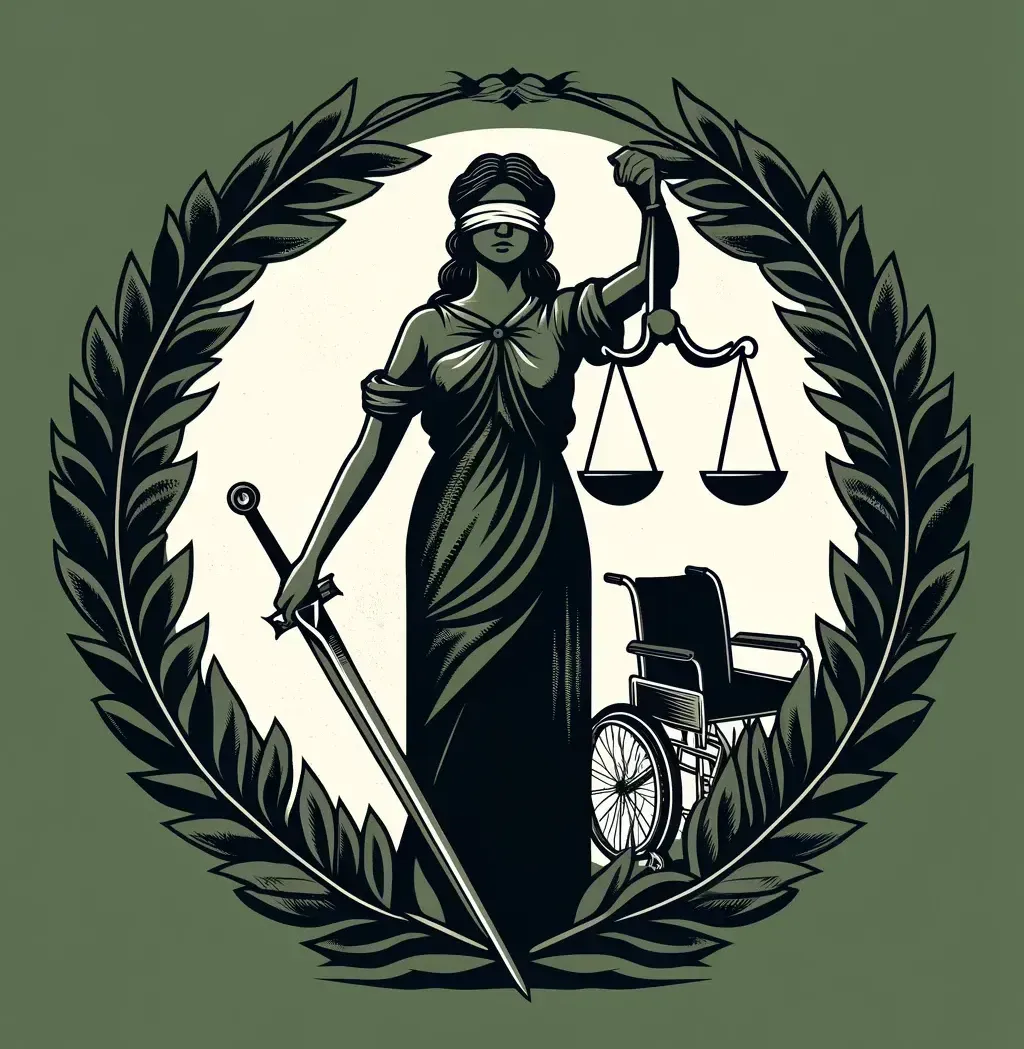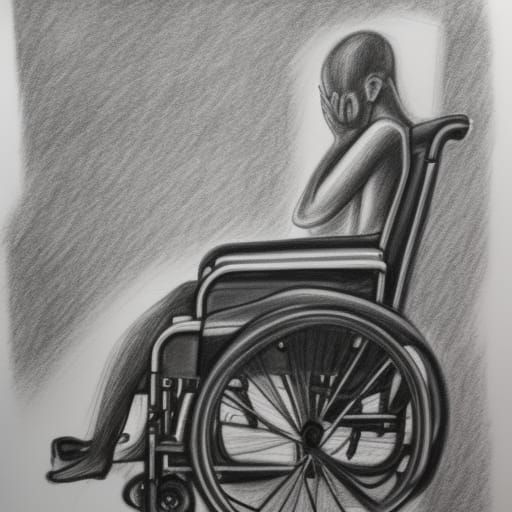Under-The-Table Work And Your Social Security Disability Hearing
Robert Wilcox • May 11, 2023
If you have performed under-the-table work in the past, it is important to know how this can affect your disability hearing.
What Are SSDI and SSI?
- Social Security Disability Insurance (SSDI) and Supplemental Security Income (SSI) give money to people who can't work because they are sick or have a medical condition.
What Is Under-the-Table Work?
- This is work that isn't reported on tax returns or employment records. It can make your disability hearing more complicated.
Why Is This Important?
- When we help our clients with their social security disability hearing, we often find they have done under-the-table work.
- It's not illegal, but it's important to understand how it can affect your disability case.
How Judges View Under-the-Table Work
- Social Security judges look at how honest people are about their work.
- Under-the-table work can make judges question your work history.
- If you didn't report all your income, judges might not believe what you say about your medical problems.
Problems with Past Earnings and Work History
- Under-the-table work makes it harder to figure out your past earnings and work history.
- These are important for deciding if you can get disability benefits.
- It can also make it harder to show how long and how badly your medical condition has affected you.
During the Disability Hearing
- The judge might ask about any under-the-table work you did.
- Be honest and upfront about it, even if it wasn't officially reported.
- If you don't tell the truth, your disability claim might be denied.
Get Help from a Disability Attorney
- If you have done under-the-table work, it's a good idea to work with a disability lawyer.
- An experienced lawyer can help you through the process and make sure your work history is clear and complete.
- They can also help you prepare for questions during your hearing and find ways to lessen any negative effects of under-the-table work on your claim.
Summary
- Under-the-table work can affect your disability hearing by raising doubts about your work history and honesty.
- It's important to be truthful about any past work and work with an experienced disability lawyer to present the best case.
- At Di Lorenzo and Wilcox Law Firm, we have a lot of experience helping people with disability claims, even if their work history is complicated. Contact us today to schedule a consultation and learn more about how we can help you get the disability benefits you deserve.

Preparing for a Social Security Disability hearing takes time and effort, but it is essential to give yourself the best chance of success. The hearing is your chance to explain to an administrative law judge (ALJ) why you are unable to work due to your disability and why you should be granted benefits.

Marriage can have implications for SSI disability claims, particularly regarding combined income and resources, spousal income deeming, resource limits, and changes in marital status. Understanding how marriage can affect an SSI claim is crucial to ensure accurate reporting, eligibility determination, and continuation of benefits.

Applying for Social Security Disability benefits can be a lengthy and challenging process, and many applicants may find themselves in a difficult situation if they have also filed for unemployment benefits at the same time. While receiving unemployment benefits may not automatically disqualify you from receiving disability benefits, it can potentially affect your credibility








